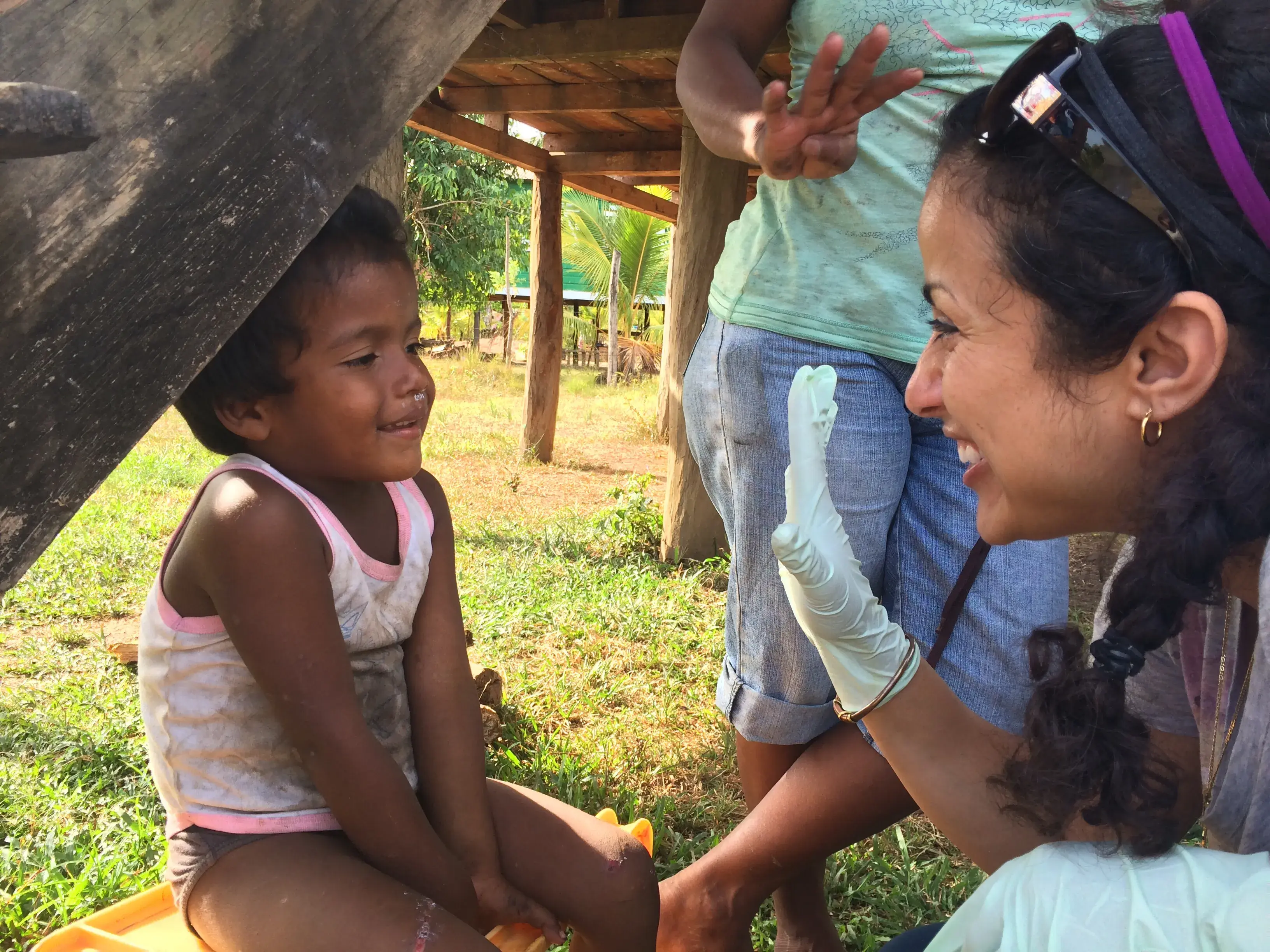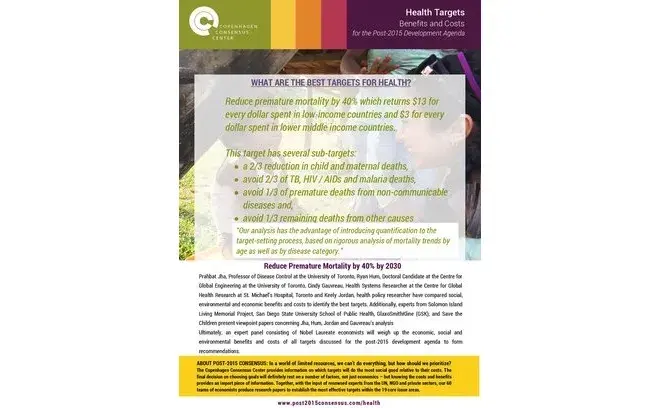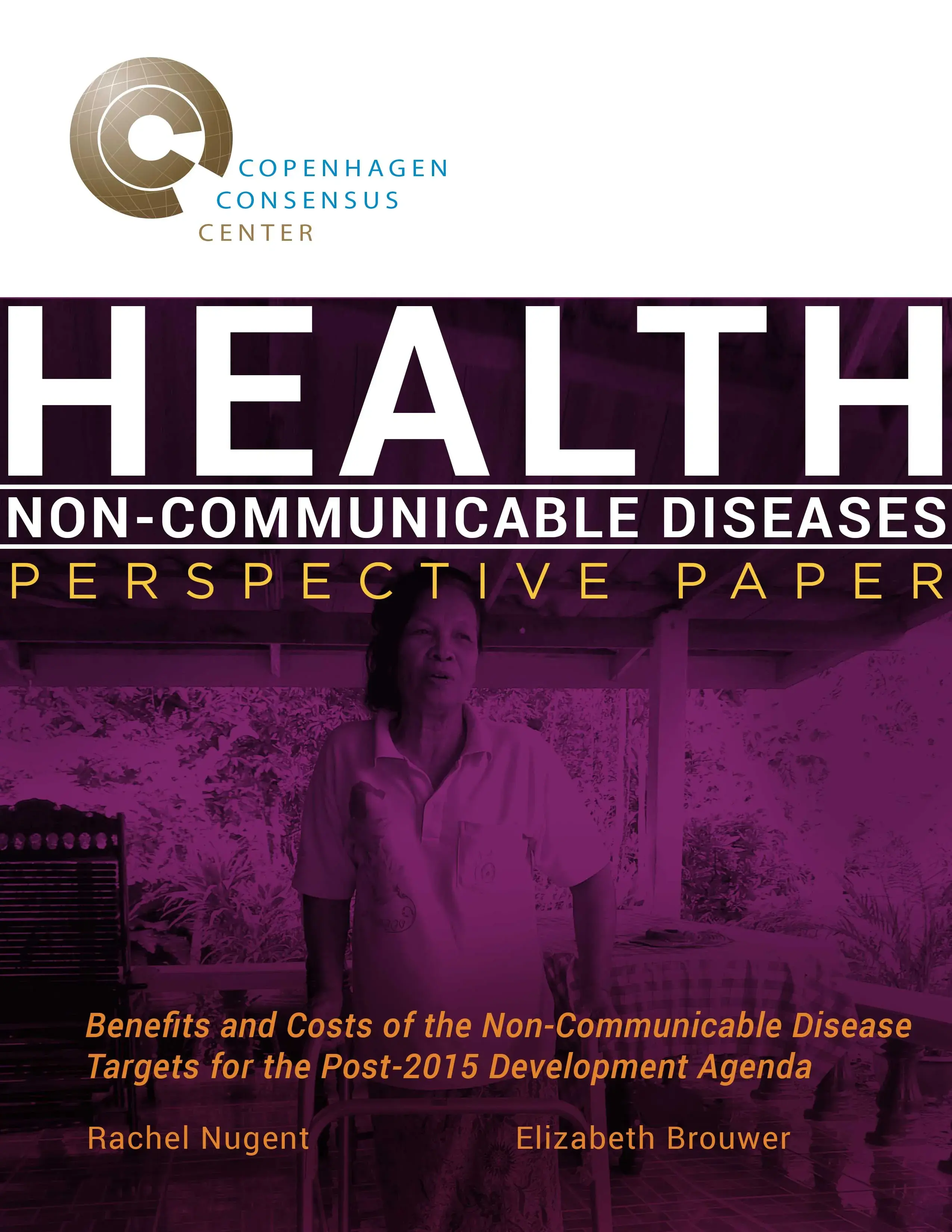Health
This paper quantifies the BCR for a new proposed over-arching health goal that is acheivable and quantitatively measurable. The over-arching goal is to:
- Reduce premature mortality by 40%
The overaching goal has a BCR of $4. In the year 2030, a 40% reduction in premature deaths before age 70 would mean preventing 6.7m deaths in low-income and lower-middle income countries.
Summary of targets from the paper
| Health | |||
|---|---|---|---|
| Target | Costs in 2030 ($b) | Benefits in 2030 ($b) | Benefit for every dollar spent |
| By 2030, reduce premature mortality by 40% in low income countries (LICs) | $42 | $584 | $13 |
| By 2030, reduce premature mortality by 40% in lower-middle-income countries (LMIs) | $402 | $1,080 | $3 |
| By 2030, reduce premature mortality by 40% in LICs and LMIs | $444 | $1,664 | $4 |
Scroll down to read our set of reports examining health targets for the post-2015 development agenda, written by leading economists and experts.
Assessment Paper
In their assessment paper, Prabhat Jha and colleagues from the University of Toronto, recommend a target that aims to encompass all health focus areas into one: a 40% reduction in premature mortality before 2030. The target is universally applicable, yet naturally calls upon different actions by different countries, depending on their health profile. The overarching target encompasses several sub-targets: a 2/3 reduction in child and maternal deaths, avoiding 2/3 of TB, HIV / AIDs and malaria deaths, avoiding 1/3 of premature deaths from non-communicable diseases and 1/3 remaining deaths from other causes. The paper highlights a broad range of measures that could be implemented to meet this target.
Our analysis has the advantage of introducing quantification to the target-setting process, based on rigorous analysis of mortality trends by age as well as by disease category. The proposed targets focus on premature mortality before age 70 and avoid more complex metrics that are much harder to measure and track over time, such as changes in DALYs or QALYs"
- Prabhat Jha and colleagues
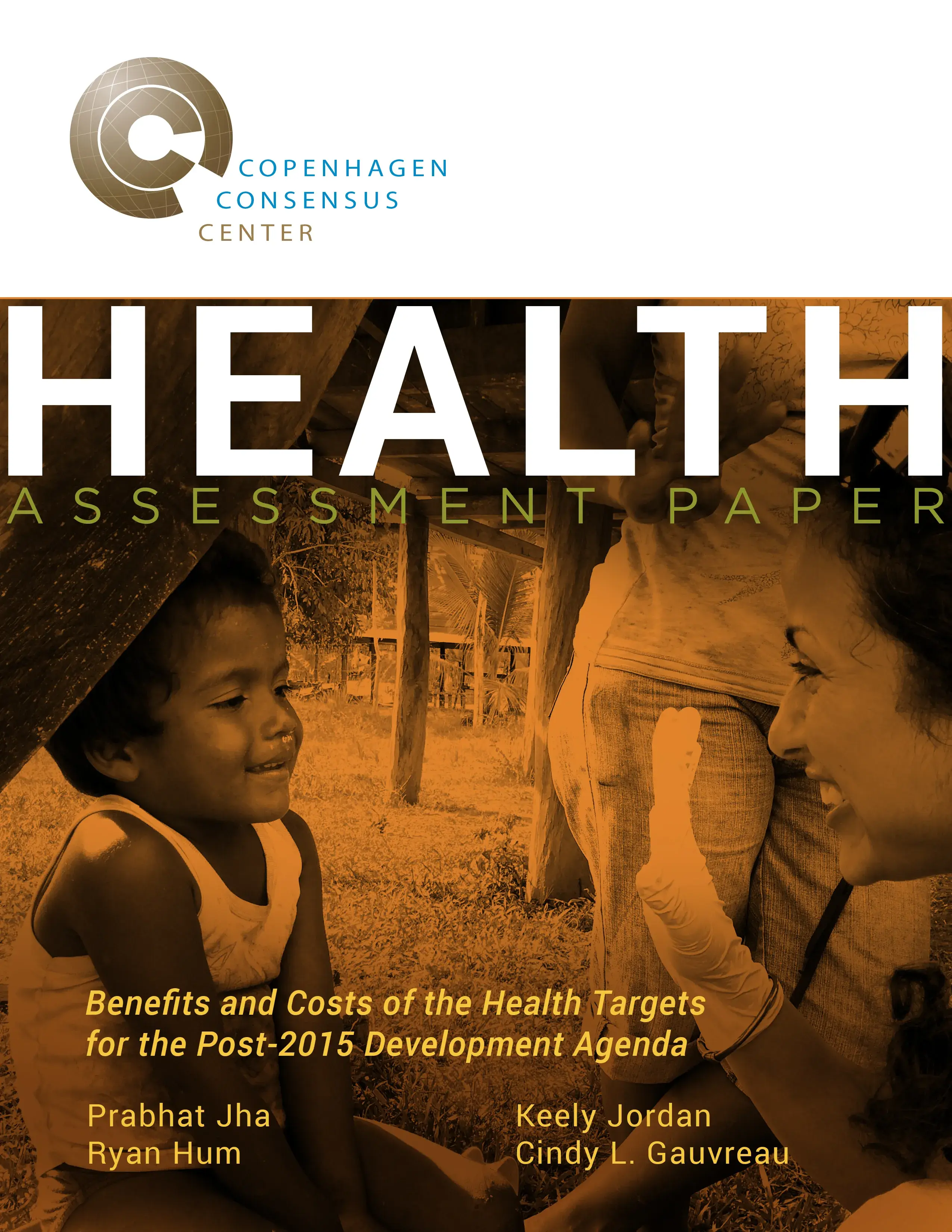
Viewpoint Paper
Eileen Natuzzi, an academic and a public health practitioner, argues in her viewpoint paper that the most important development priority in health is the overall strengthening of the health system. A well functioning health system focuses on both preventing and treating disease, as well as responding to non-communicable diseases, climate change impacts, and injury and trauma. She asserts that focusing on a particular condition, be it malaria, HIV/AIDS, or infant mortality, is both ineffective and damaging to the development of national health systems.
...we have failed to give health care providers in developing countries a foundation upon which to develop a broad portfolio of prevention and treatment strategies. These strategies once put in place will allow them to address any health problem that comes through their doors including injury and trauma, communicable and non-communicable diseases. This is where the most bang for our aid dollars is."
- Eileen Natuzzi
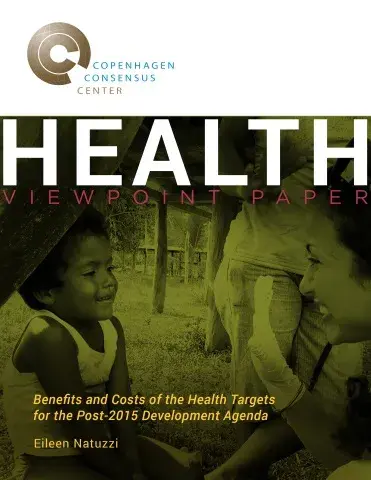
Viewpoint Paper
The Viewpoint paper of Priya Madina, Jon Pender and Simon Wright argues that a single health goal must address health coverage, and in doing that it needs to cover both components of service coverage and financial protection.
Inequities within countries must be prioritised in the proposed national level goal/targets and relative reductions, and we welcome the UN Secretary-General’s support for stating that no target should be counted as achieved unless achieved in every socio-economic group in a society."
- Priya Madina, Jon Pender and Simon Wright
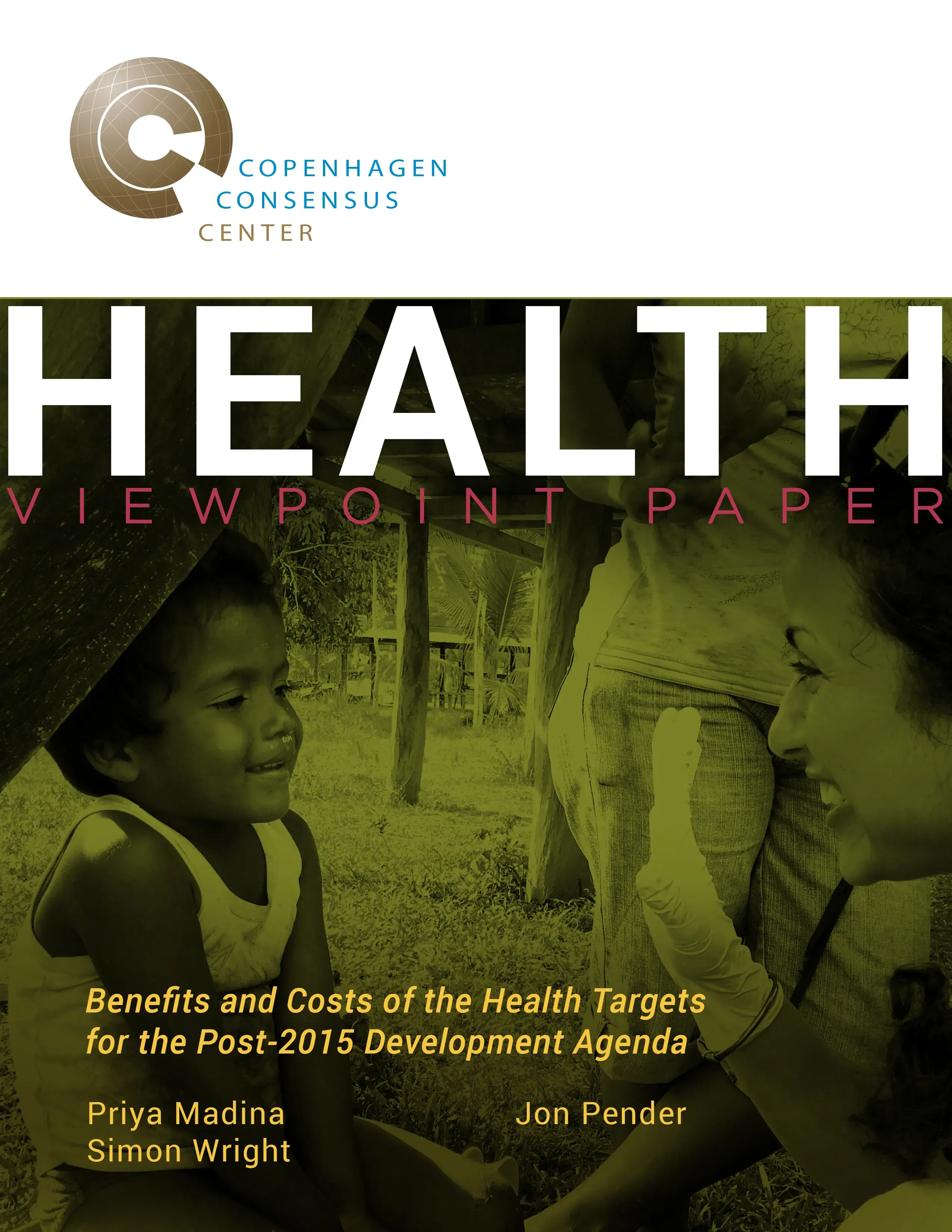
Viewpoint Paper
Douglas Webb, Leader of the mainstreaming, gender and MDGs team, in the HIV, Health and Development Group, of UNDP’s Bureau for Development Policy, states that the new health goal proposed by Hum et al., and the use of cost benefit analysis will be valuable to extend evidence-based pressure and analytical input into the target revision process of the post-2015 development agenda.
Refinement of the targets is the job in hand and ensuring that they are universal, specific, measurable, and have a high ‘value’ is our collective task.
- Douglas Webb
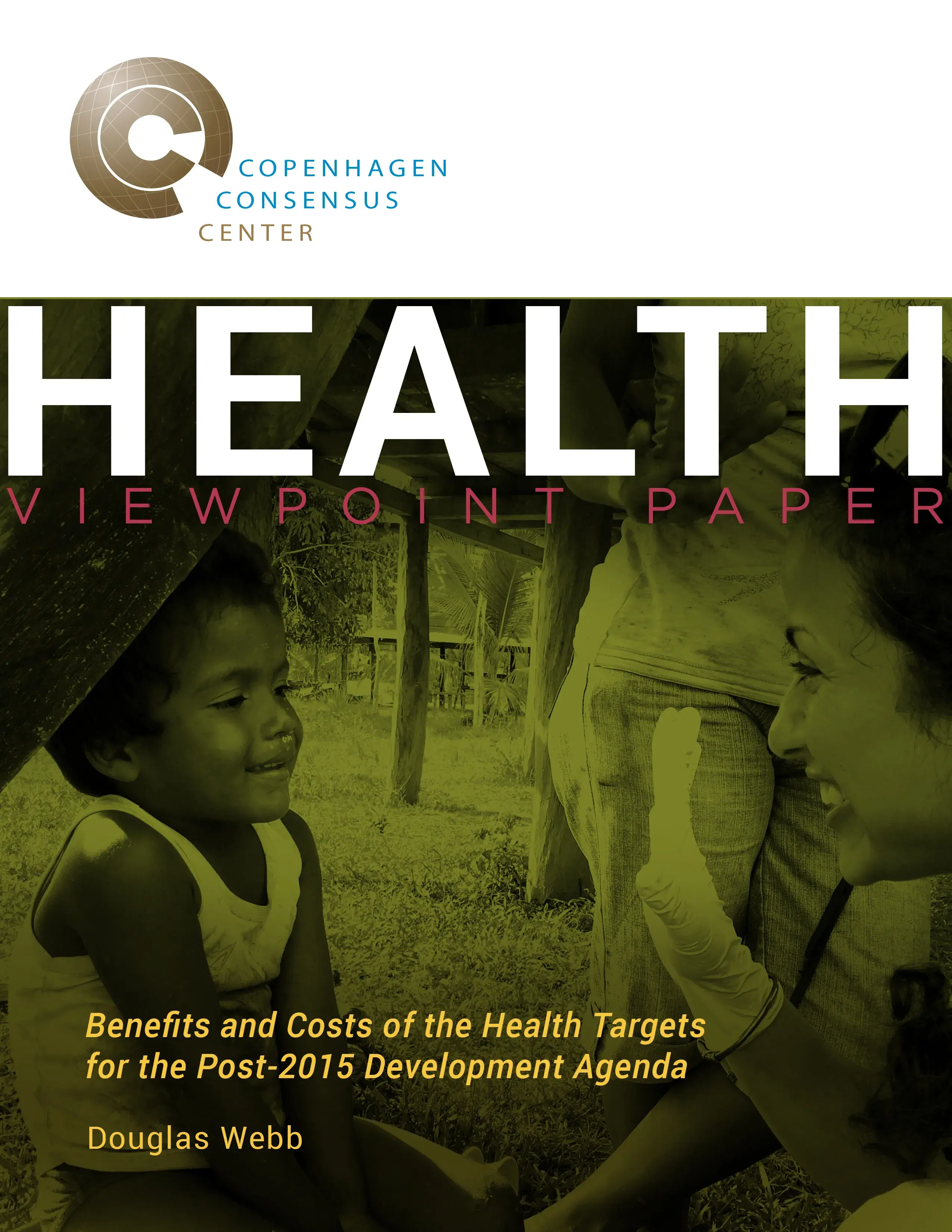
Viewpoint
Ilona Kickbusch, Director of the Global Health Programmme at the Graduate Institute of International and Development Studies in Geneva, argues that the post-2015 development debate should be used as a space to highlight the need for the production of global public goods for health. Ideally, linking human and planetary health and taking full account of the dynamics created by increasing trans-border health challenges and conditions of globalization which it has not done.
For me a feeling of unease remains that the issues put forward in the "health goal" are perhaps not as universal and as transformative as the synthesis report of the UN Secretary General would make them out to be.– Ilona Kickbusch

Infectious Diseases: Tuberculosis, Malaria & HIV/AIDS
We have commissioned several teams of economists, civil and private sector organizations, experts in their fields, to write independent papers outlining the best targets to address the world's three most deadly infectious diseases: Tuberculosis, malaria and HIV / AIDS.
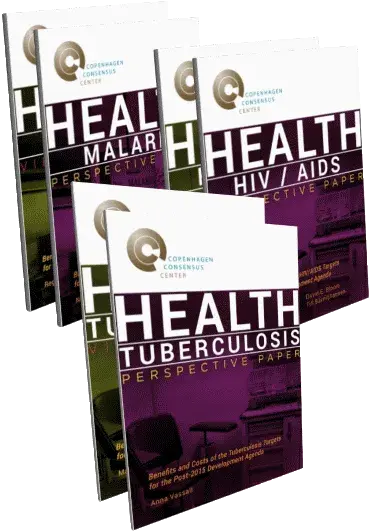
The Post-2015 Consensus project brings together 60 teams of economists with NGOs, international agencies and businesses to identify the targets with the greatest benefit-to-cost ratio for the UN's post-2015 development goals



